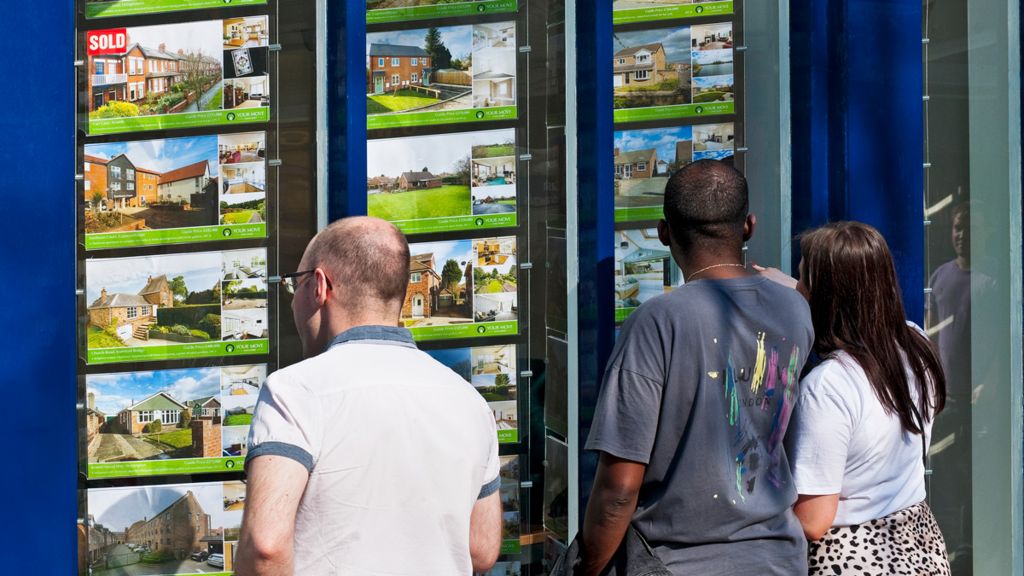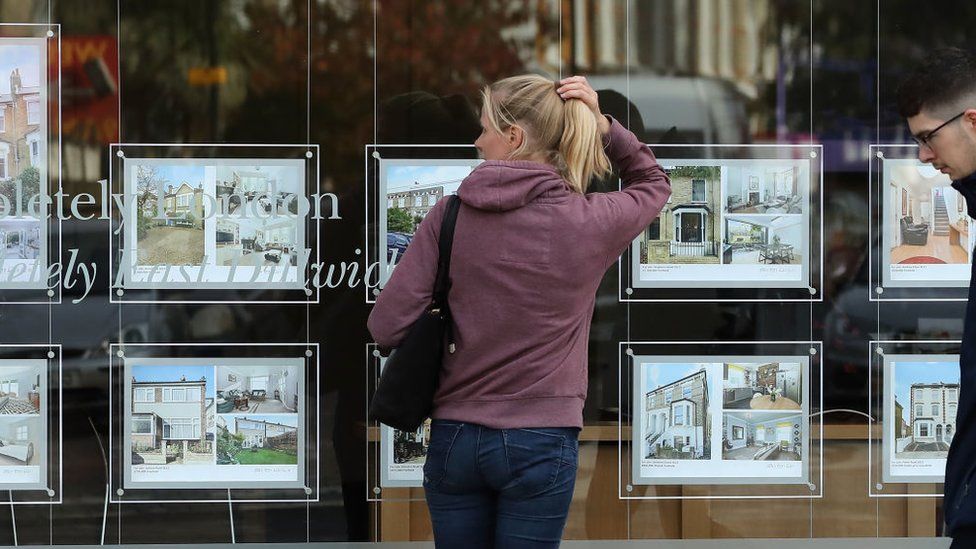
Stamp duty rates in England and Northern Ireland are changing from 1 July.
The stamp duty holiday introduced in June 2020 will start to be phased out.
It means house buyers will have to pay stamp duty again for purchases above £250,000.
How is stamp duty changing from 1 July?
Stamp duty is a tax paid on property purchases.
Since June 2020, buyers haven’t had to pay any stamp duty on the first £500,000 of their purchase price.
However, from 1 July, stamp duty will kick in above £250,000 at the following rates:
- £0-£250,000 = 0%
- £250,001-£925,000 = 5%
- £925,001-£1,500,000 = 10%
- £1,500,000+ = 12%
From 1 October 2021, rates are due to return to normal. That means the point you to start paying stamp duty will revert back to £125,001:
- £0-£125,000 = 0%
- £125,001-£250,000 = 2%
- £250,001-£925,000 = 5%
- £925,000-£1,500,000 = 10%
- £1,500,000+ = 12%
You can use the government’s Stamp Duty Land Tax (SDLT) calculator to find out how much you would pay.
Why did the government introduce the stamp duty holiday?
When the stamp duty holiday was introduced in July 2020, it was designed to boost the property market by helping buyers whose finances were affected by Covid.
It meant a saving of up to £15,000 for people buying homes.
Landlords and second-home buyers were also able to make use of the tax cut. But they still had to pay the extra 3% of stamp duty they were charged under the previous rules.

Did the stamp duty holiday push up house prices?
The stamp duty holiday definitely stimulated the housing market.
UK house prices rose 13.4% in the year to June, the fastest pace since November 2004, according to the Nationwide Building Society.
Estate agents reported a surge of interest in March as buyers and sellers rushed to complete property deals before the scheme was initially due to end. The holiday was then extended until the end of June.
However, there are many other reasons why house prices have been surging.
“The final closure of the stamp duty scheme at the end of September may have no impact at all,” says Nicky Stevenson, managing director at estate agents Fine and Country.
“Other factors are so much more important, namely the race for space, low supply, accidental savings and low interest rates.”
What other help is there for first-time buyers?
From July, first-time buyers will not pay any stamp duty on property purchases up to £300,000.
High Street lenders are also starting to offer mortgages to borrowers with a deposit of just 5%, under a new government guarantee scheme.
The policy is designed to help more first-time buyers secure a home.
The new scheme will be available to anyone buying a home costing up to £600,000, unless it is a buy-to-let property, a second home or, in some cases, a new-build.
How much money does stamp duty raise?
The government’s annual take from stamp duty is about £12bn, according to latest HM Revenue and Customs (HMRC) figures.
That’s roughly equivalent to 2% of the tax the Treasury collects.


